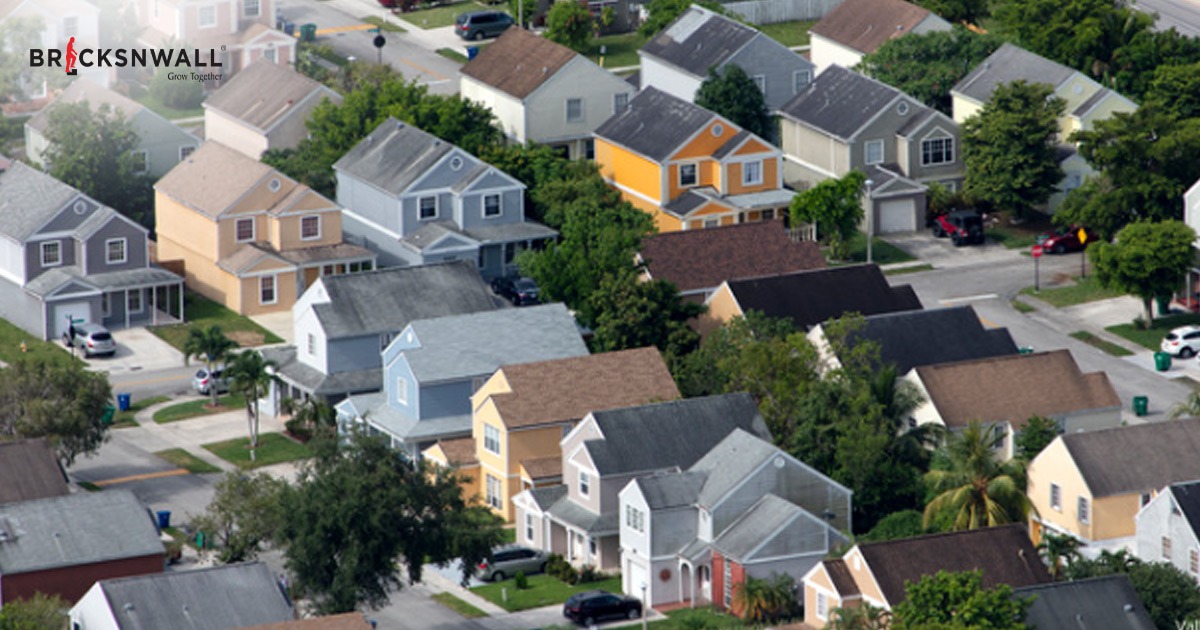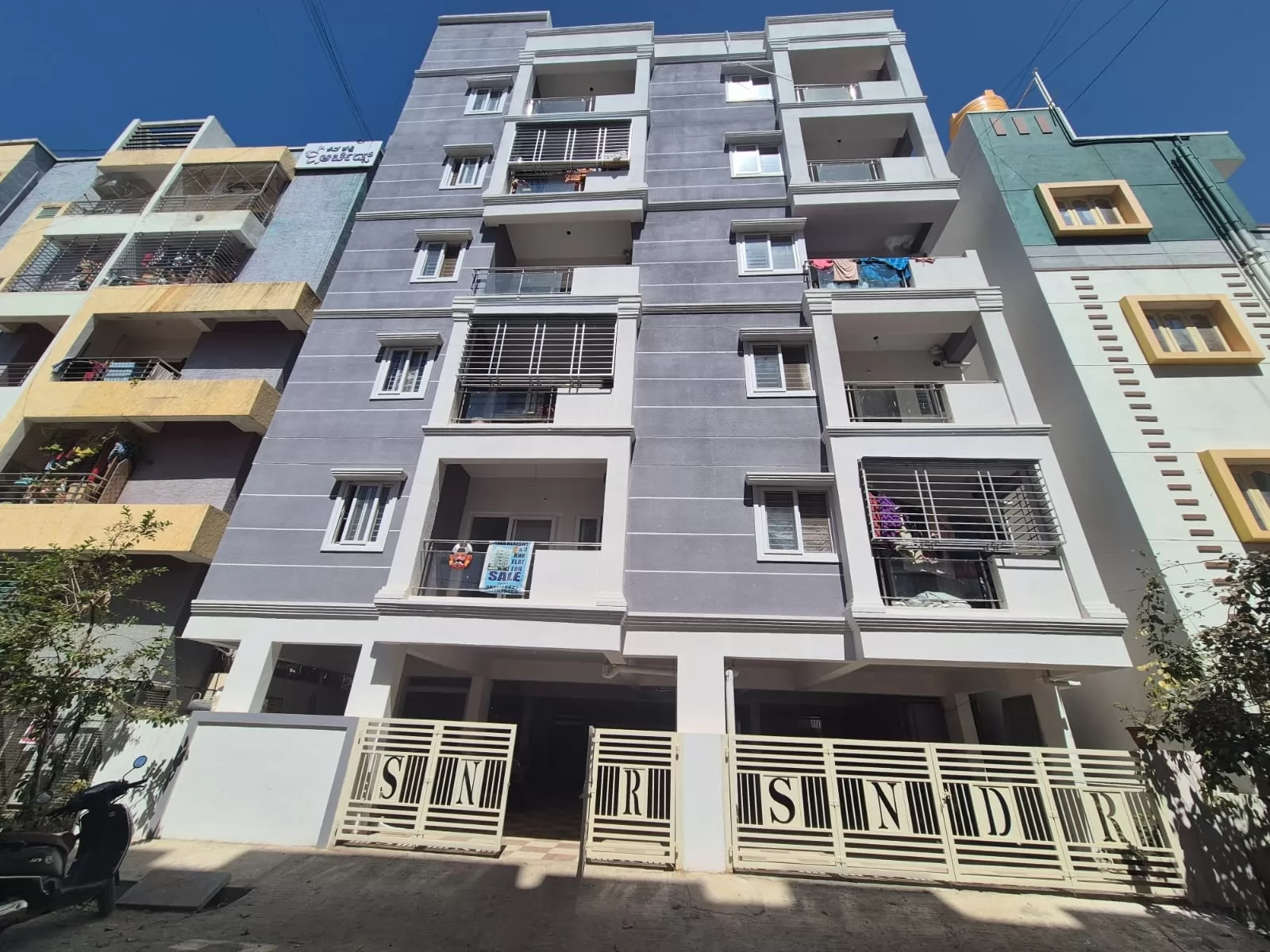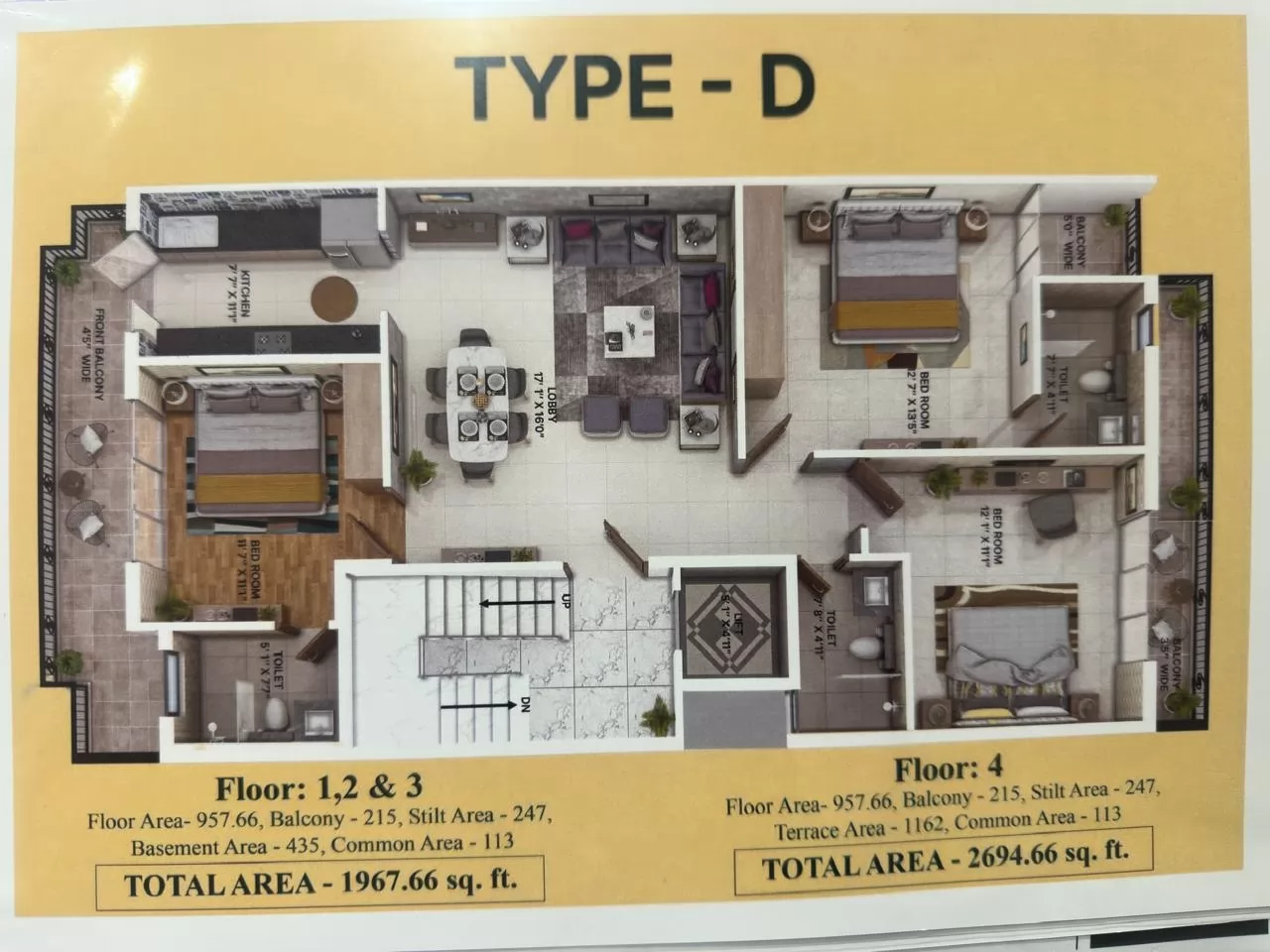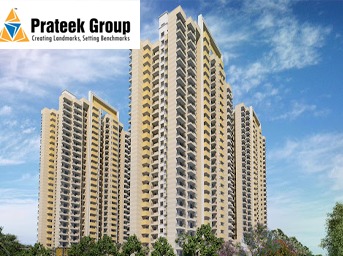Why Buying or Selling a Home Helps the Economy and Your Community
Bricksnwall Trusted Experts

The process
of buying or selling a home
involves more than just a transaction between two parties. It has a ripple
effect that extends beyond the individual buyers and sellers, benefiting the
economy and the community as a whole. Whether you're purchasing your first
home or considering selling your property, here are some reasons why buying or
selling a home can help stimulate the economy and contribute to the well-being
of your community.
Job
Creation and Economic Growth
The real
estate industry is a significant contributor to economic growth and job
creation. When people buy or sell homes, it generates a demand for various
goods and services. Real estate agents, appraisers, mortgage brokers, title
companies, home inspectors, and moving companies are just a few of the
professionals involved in the process. Additionally, home renovations, repairs,
and landscaping often take place before a sale, further generating employment
opportunities for contractors and tradespeople. The economic activity generated
by buying or selling a home stimulates local businesses and contributes to
overall economic growth.
Increased
Consumer Spending
Buying a
home often involves purchasing new furniture, appliances, and home improvement
supplies. This increased demand for consumer goods stimulates retail sales and
supports local businesses. Homeowners may also spend on renovations,
remodelling projects, and landscaping, benefiting contractors and suppliers in
the community. The financial investment made during the home buying process can
have a positive multiplier effect on the local economy.
Property
Taxes and Municipal Revenues
Homeownership
contributes to the revenue of local governments through property taxes.
Property taxes are a vital source of funding for schools, infrastructure
development, public services, and community programs. When homes are bought or
sold, the property value and subsequent property tax revenue may increase. This
additional revenue can be used to enhance local services, improve
infrastructure, and invest in community initiatives. Thus, the home buying and
selling process can have a direct impact on the quality of life in a community.
Neighbourhood
Stability and Community Development
A thriving
real estate market promotes neighbourhood stability and community development.
When homes are well-maintained, and properties change hands frequently, it
creates a sense of pride and investment in the community. Homeowners tend to
take an active interest in the well-being of their neighbourhoods, fostering a
safer and more vibrant living environment. Additionally, the revenue generated
from home sales can contribute to community development projects, such as
constructing parks, community centers, and recreational facilities. These
amenities enhance the overall livability and desirability of the community.
Social
and Cultural Exchange
Buying or
selling a home often involves people moving into or out of a community. This
movement brings diversity and cultural exchange, enriching the social fabric of
the area. New residents bring fresh perspectives, skills, and experiences,
contributing to a dynamic and inclusive community. The exchange of ideas and cultural
practices can lead to a more interconnected and tolerant society.
Conclusion
Buying or selling a home has far-reaching effects beyond individual homeowners. It positively impacts the economy by generating jobs, increasing consumer spending, and contributing to local tax revenues. The stability and development of neighborhoods are promoted, leading to safer and more vibrant communities. Furthermore, the process facilitates social and cultural exchange, fostering a diverse and inclusive society. So, when you buy or sell a home, you're not only making a significant personal decision but also actively contributing to the well-being of the economy and your community.




